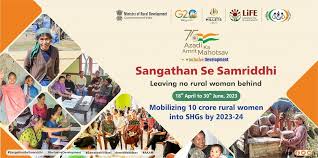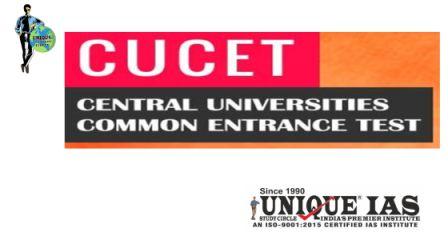Reforming Multilateral Development Banks
Context
Recently, the International Monetary Fund (IMF) and World Bank focus on reforming Multilateral Development Banks (MDBs) to address 21st-century challenges.
About the MDBs and India
MDBs play a crucial role in global economic development, providing financial and technical assistance to developing countries for development programs by promoting economic growth, particularly in low and middle-income countries.
India, as one of the largest economies in the world, has a significant relationship with MDBs, which has evolved over time.
India’s Engagement with MDBs
India has been actively engaging with MDBs to address its development needs and to contribute to global economic stability.
The country has been a recipient of financial and technical assistance from MDBs for various development projects, including infrastructure development, poverty reduction, and climate change mitigation.
Need for Reform
The current legal and institutional framework of MDBs, established in the aftermath of World War II, is increasingly seen as outdated and inadequate to deal with the complexities of the 21st-century global ecosystem.
The framework does not reflect the contemporary realities and aspirations of developing countries, especially those of the Global South.
MDBs are facing several challenges that affect their relevance and performance.
These include the need to enhance coordination among MDBs, address the rising demand for their resources, and evolve their operational strategies and business models.
Reform Agenda
It encompasses efforts being undertaken by various MDBs to evolve their vision, incentive structures, operational approaches, and financial capacities.
The aim is to equip MDBs to address the challenges of the 21st century in addition to the development needs of low and middle income countries.
A key element of the reform agenda is to enhance coordination among MDBs.
Addressing new global challenges will require resources and capabilities of a magnitude beyond the capability of any single MDB.
India’s G20 Presidency and MDB Reforms
The current dynamism on the reform agenda stems primarily from the pressure exerted by the shareholders via various forums, including the UN, the G7, and the G20.
Among these, the role of the G20 has been particularly crucial.
The G20 has set up an Independent Expert Group (IEG) to construct a roadmap for ‘Multilateralism 2.0’.
It proposed a ‘Triple Agenda’ for MDBs.
|
Triple Agenda – The Independent Expert Group (IEG) has proposed a triple agenda for MDBs. – It includes: a. Efforts to tackle global challenges, alongside their core mission of poverty reduction and shared prosperity; b. To triple their sustainable lending level by 2030; and c. To enhance their financial strength through capital adequacy improvements and general capital increases. |
Conclusion
India’s relationship with MDBs is a strategic partnership that has evolved over time and has leveraged MDBs’ resources and expertise to achieve its development goals and contribute to global economic stability.
The reform of MDBs is a complex and challenging task that requires a concerted effort from all stakeholders, including MDBs themselves, their shareholders, and the international community.
However, with the right vision, strategies, and actions, MDBs can be transformed into more effective and responsive institutions, better equipped to address the development challenges of the 21st century.
----------------------------------------------



.jpg)
.jpg)
.jpg)
.jpg)
.jpg)
.jpg)

.jpg)



